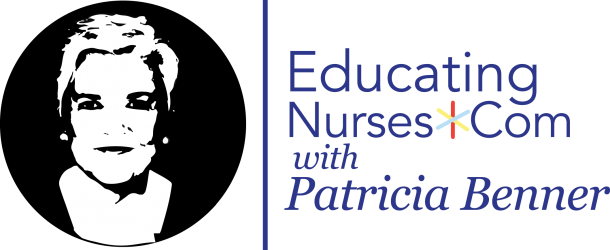Kari Martinsen: The Art of Sensing and Meeting the Patient in Authentic Care
Part 2: Nursing takes place largely in Health Care Industrial organizations where efficiency, speed of completing tasks, are emphasized. This emphasis runs counter to many caring practices central to excellent nursing…the art of listening, of being present, available to respond to the concerns of patients and families. Dr. Kari Martinsen’s work on caring emphasizes …
